Gartner: RPA software market will continue to grow as business demand increases
The robotic process automation market is still the fastest-growing in the software industry, consistently outperforming other areas in the field
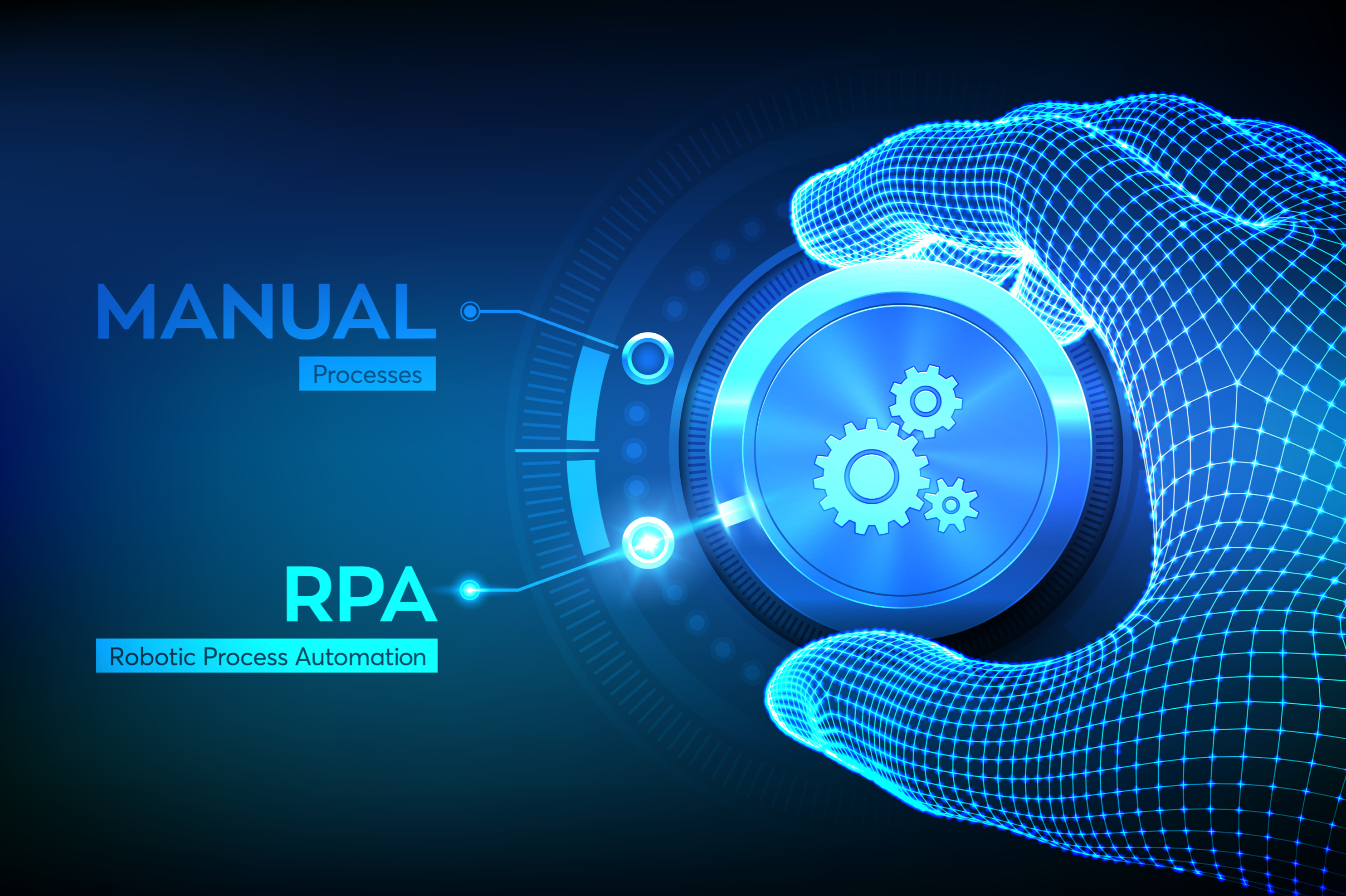

Robotic process automation (RPA) software is expected to see successive yearly growth as business demand continues to increase.
The revenue generated by the RPA software market will reach $2.9 billion (£2.3 billion) by the end of 2022, according to leading analyst house Gartner.
This represents a 19.5% increase from 2021 - a figure that exceeds that of the overall software market which sits at around 16%.
In 2021, the market grew 31% over the figures from the year before and growth is expected to continue throughout 2023 at a slightly decelerated rate of 17.5% year-over-year.
RPA software has nothing to do with physical robots and instead refers to the ‘robots’ inside software that help businesses automate back-office functions that have traditionally been highly manual and often laborious.
Tasks that have typically required human workers to do repetitive tasks involving copy-and-paste ways of working, such as database population and data manipulation, are now being automated with RPA software.
The benefit to an organisation is that human workers can be reassigned to larger, more complex tasks that require human attention, but the technology has also raised fears regarding the outright replacement of human employees in certain roles.
Get the ITPro daily newsletter
Sign up today and you will receive a free copy of our Future Focus 2025 report - the leading guidance on AI, cybersecurity and other IT challenges as per 700+ senior executives
“RPA companies are rapidly evolving to provide a wider set of larger automation platforms,” said Varsha Mehta, senior market research specialist at Gartner.
“Organisations will look to increase their spending on RPA software solutions because they still have a lot of repetitive, manual work that through automation could free up employees’ time to focus on more strategic work.”
The market is largely driven by businesses in North America, Western Europe, and Japan, Gartner said, with the three regions accounting for 77% of the global RPA market revenue this year.
North America claims the largest share out of the three, accounting for 48.5% of the global revenue overall, with Western Europe contributing 19% of the global revenue and Japan contributing 10%.
Gartner predicted last year that the vast majority of organisations (72%) will begin working with RPA software within two years and categorised the market as the fastest-growing in the software industry.
It believes that businesses are looking to embark on a journey towards hyperautomation - automating myriad corners of an organisation with a variety of different technologies such as RPA, artificial intelligence, computer vision, low-code platforms, and more.
By 2024, Gartner predicted that organisations will adopt three out of the 20 process-agnostic types of software that enable hyperautomation.
Its global revenue predictions for the software that enables hyperautomation far exceed that of RPA. Gartner said last year that it expects the market to reach $600 billion (£489.5 billion) by the end of 2022.

Connor Jones has been at the forefront of global cyber security news coverage for the past few years, breaking developments on major stories such as LockBit’s ransomware attack on Royal Mail International, and many others. He has also made sporadic appearances on the ITPro Podcast discussing topics from home desk setups all the way to hacking systems using prosthetic limbs. He has a master’s degree in Magazine Journalism from the University of Sheffield, and has previously written for the likes of Red Bull Esports and UNILAD tech during his career that started in 2015.
-
 Cleo attack victim list grows as Hertz confirms customer data stolen
Cleo attack victim list grows as Hertz confirms customer data stolenNews Hertz has confirmed it suffered a data breach as a result of the Cleo zero-day vulnerability in late 2024, with the car rental giant warning that customer data was stolen.
By Ross Kelly
-
 Lateral moves in tech: Why leaders should support employee mobility
Lateral moves in tech: Why leaders should support employee mobilityIn-depth Encouraging staff to switch roles can have long-term benefits for skills in the tech sector
By Keri Allan
-
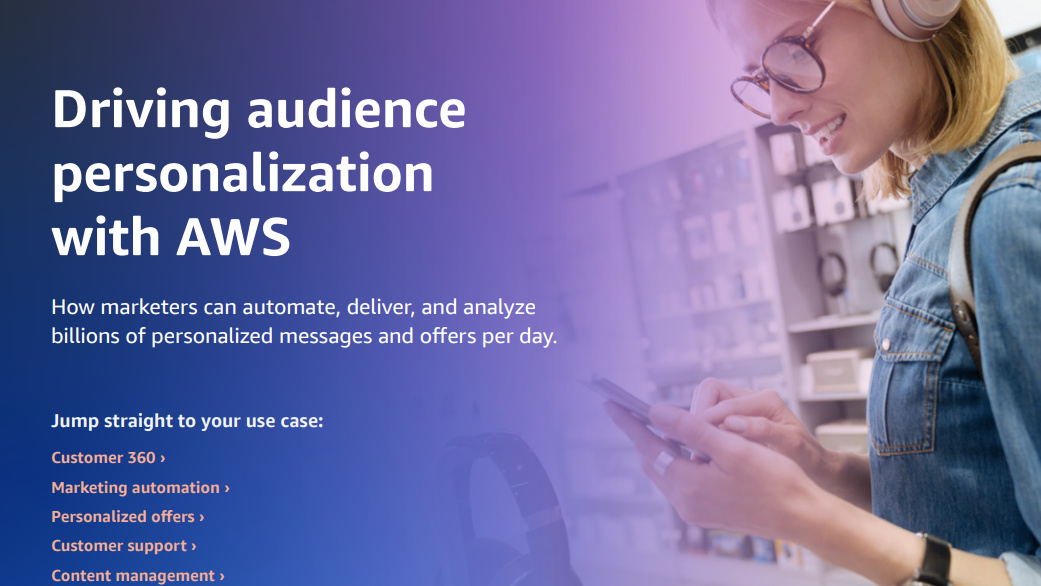 Automate personalization with AWS
Automate personalization with AWSWhitepaper How marketers can automate, deliver, and analyze billions of personalized messages and offers per day
By ITPro
-
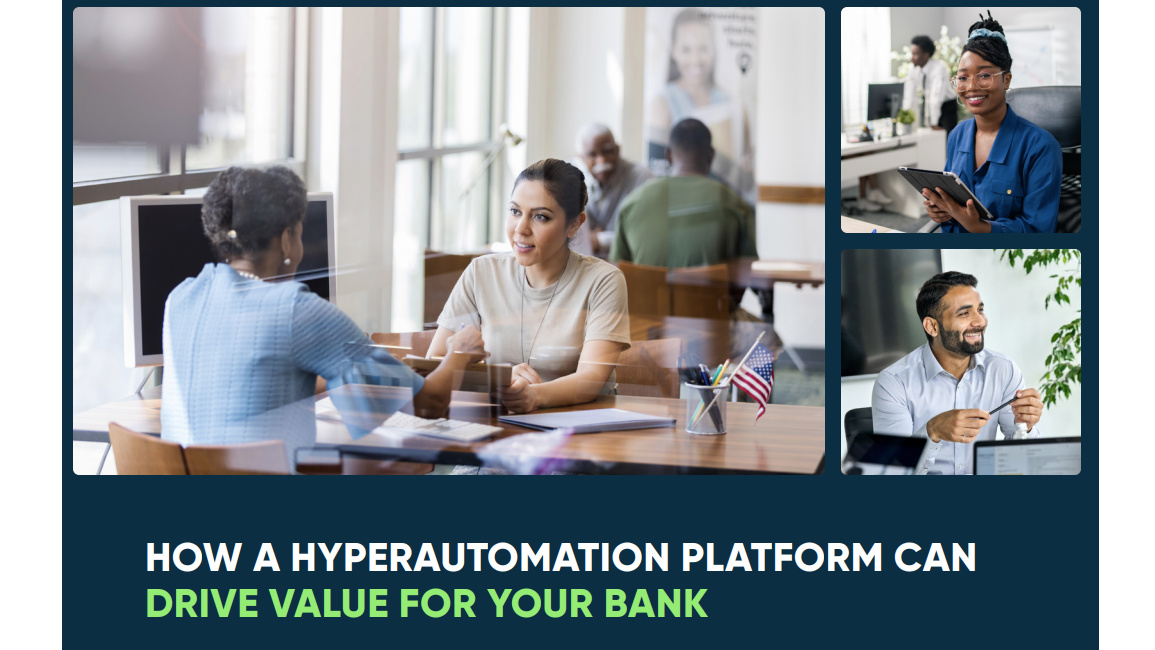 How a hyper-automation platform can drive value for your bank
How a hyper-automation platform can drive value for your bankWhitepaper Five ways automated processes can drive revenue and growth
By ITPro
-
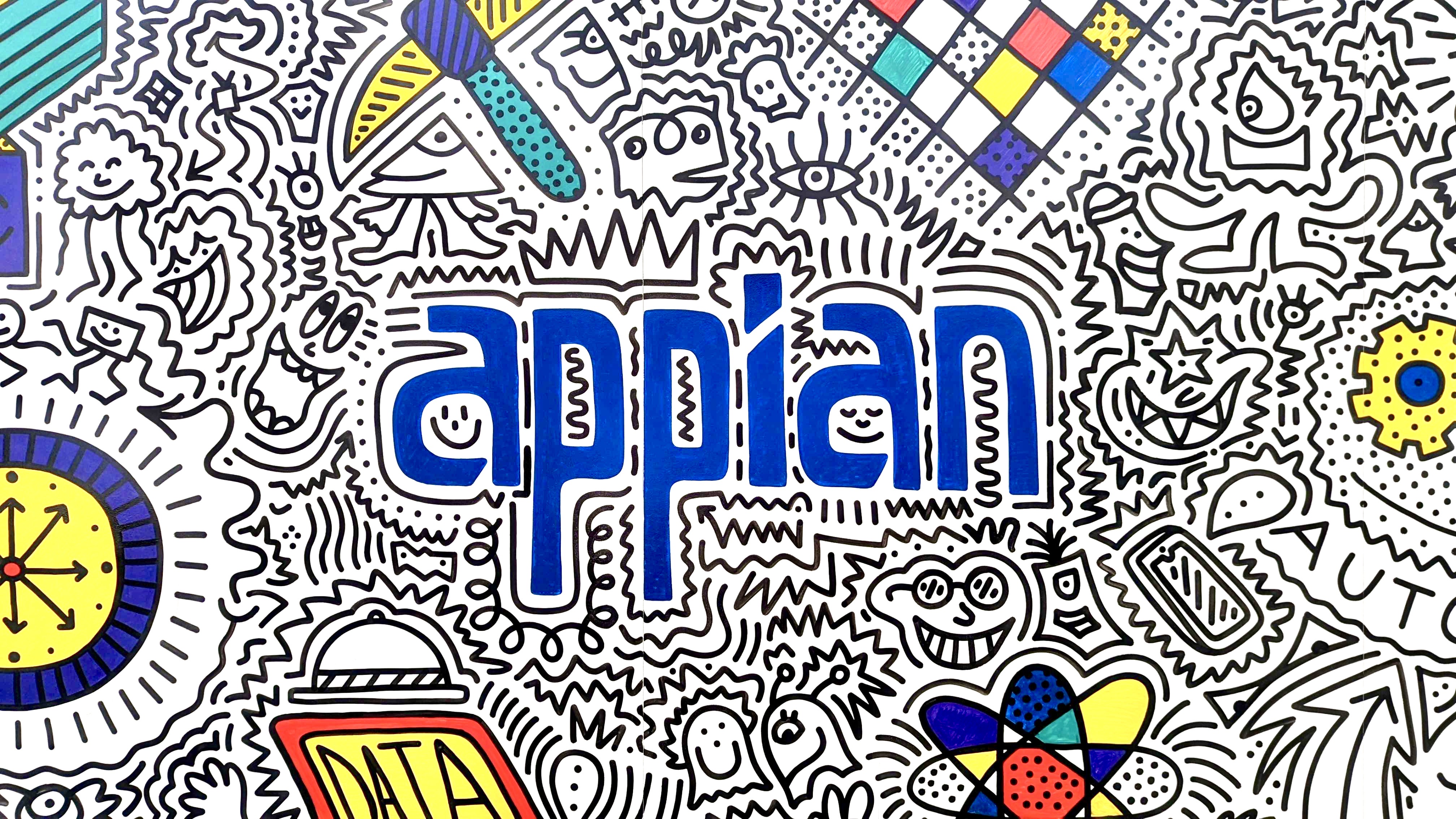 Appian wants to be the AI company for AI skeptics
Appian wants to be the AI company for AI skepticsAnalysis The firm outlines its AI strategy at Appian World 2023 while using ChatGPT and Midjourney to create scripts and imagery for keynote presentations
By Rory Bathgate
-
 Workday hit with claims its AI hiring systems are discriminatory
Workday hit with claims its AI hiring systems are discriminatoryNews An African American plaintiff has alleged that Workday's systems prevented him from being hired on the basis of his race, age, and mental health
By Rory Bathgate
-
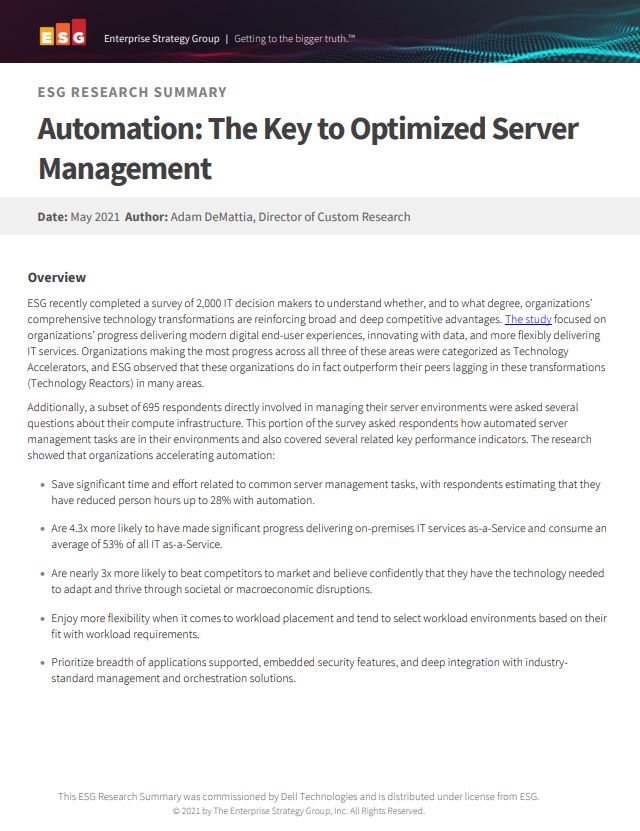 Automation: The key to optimised server management
Automation: The key to optimised server managementWhitepaper Deliver modern digital end-user experiences, innovate with data, and more flexibly deliver IT services
By ITPro
-
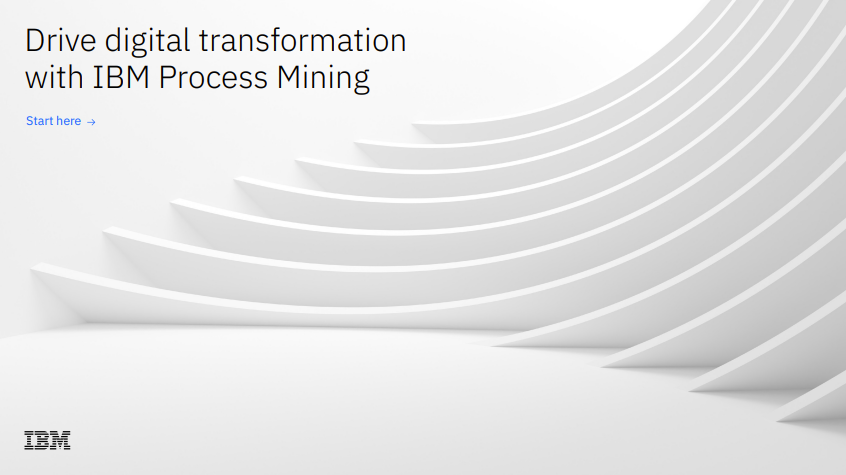 Drive digital transformation with IBM process mining
Drive digital transformation with IBM process miningWhitepaper A process discovery, analysis and monitoring technique to help businesses succeed throughout the entire DX journey
By ITPro
-
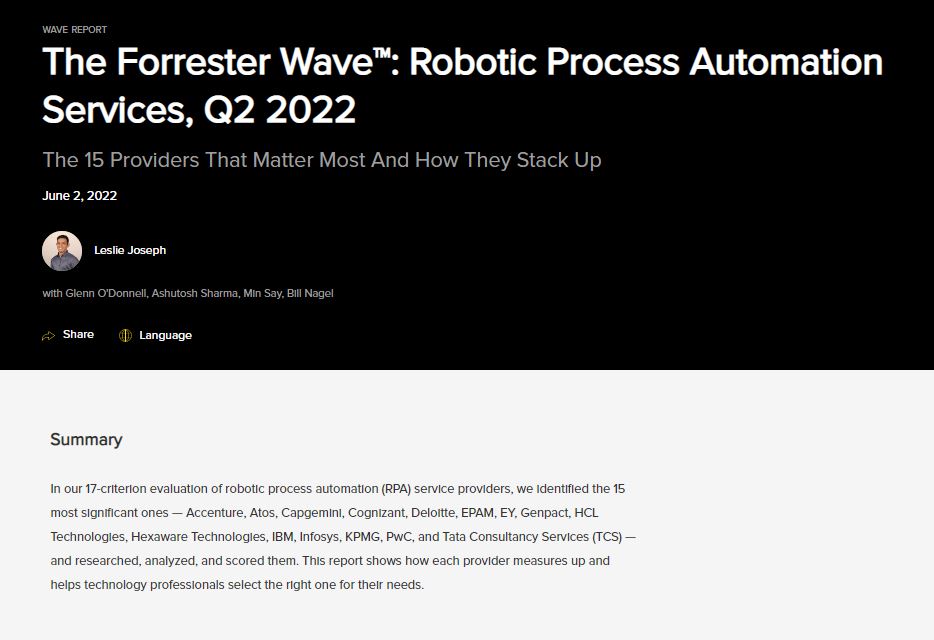 The Forrester Wave™: Robotic Process Automation Services
The Forrester Wave™: Robotic Process Automation ServicesWhitepaper The 15 providers that matter most and how they stack up
By ITPro
-
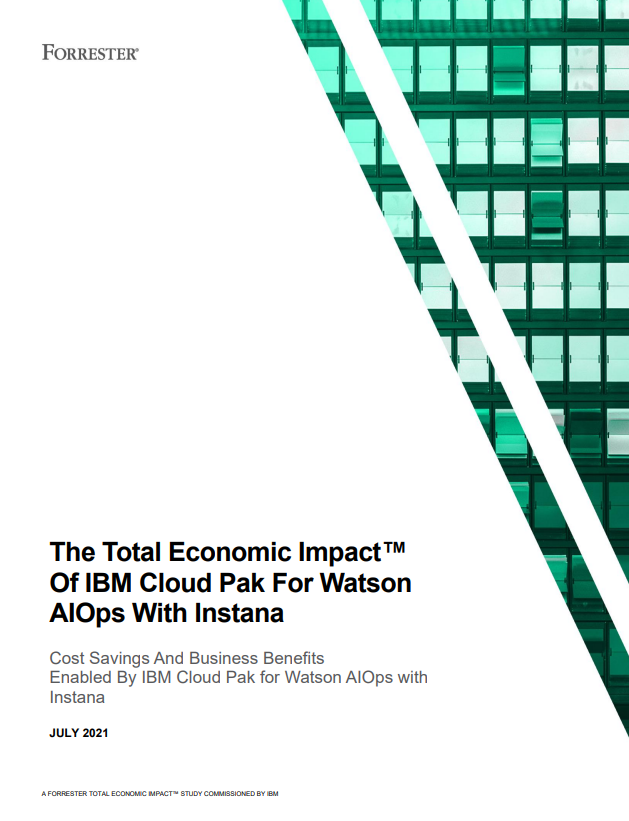 The Total Economic Impact™ of IBM Cloud Pak® for Watson AIOps with Instana
The Total Economic Impact™ of IBM Cloud Pak® for Watson AIOps with InstanaWhitepaper Cost savings and business benefits
By ITPro